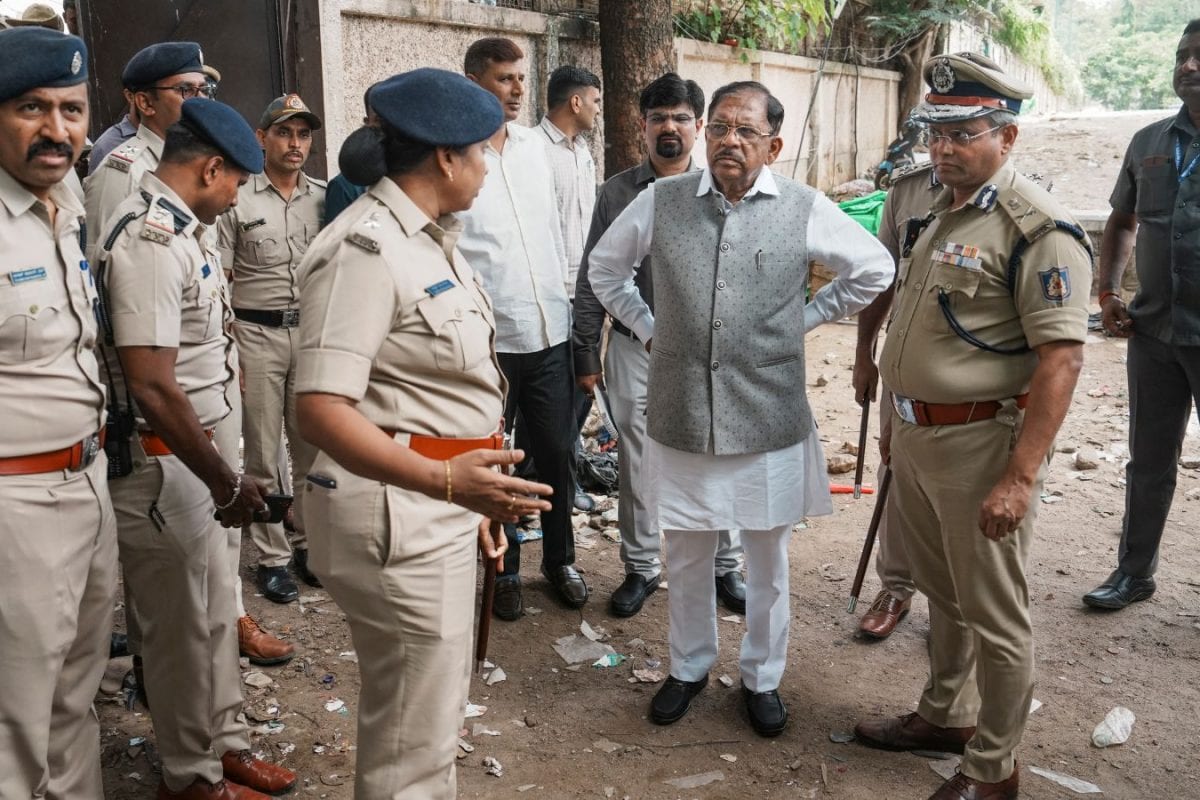

The Karnataka government's proposed Crowd Control Bill, officially titled the "Karnataka Crowd Control (Managing Crowd at Events and Place of Gathering) Bill, 2025," has been referred to a House Committee after facing significant opposition in the Legislative Assembly. The bill, drafted in response to a stampede outside Bengaluru's M. Chinnaswamy Stadium on June 4th that resulted in 11 deaths, aims to establish a legal framework for managing crowds at events and places of gathering. The government asserts the bill seeks to ensure public safety and hold event organizers accountable.
However, the opposition has voiced strong concerns, labeling the bill as "draconian" and arguing that it could be used to stifle protests, curtail cultural and religious events, and become a tool for police overreach. The primary objections revolve around several key provisions within the bill.
One major point of contention is the requirement for event organizers to obtain police permission for events expecting 7,000 or more attendees. Organizers would need to apply for this permission at least ten days in advance, although the Home Minister has offered to reduce this to five days following criticism. Furthermore, the bill mandates organizers of events anticipating over 50,000 attendees to execute an indemnity bond of ₹1 crore. The opposition argues that these requirements are overly burdensome and could discourage legitimate gatherings. BJP MLA Sunil Kumar suggested relaxing the application timeframe for gatherings of fewer than 25,000 people.
Another controversial aspect of the bill is the stringent penalties for non-compliance. Organizing events without the necessary permission could lead to imprisonment for three to seven years and a fine of up to ₹1 crore. In the event of injuries or fatalities resulting from a crowd disaster, organizers could face imprisonment of up to seven years for injuries and up to a life sentence for deaths. Disturbances or breaches of peace during events could result in a three-year prison term and a fine of ₹50,000. The opposition fears these penalties are excessively harsh and could be misused.
The bill also addresses liability, stipulating that event organizers are responsible for paying compensation to those injured or the families of those who die. Should the organizer fail to provide compensation, the government is authorized to auction off the event planner's property.
Exemptions are included in the bill for family functions and private events held within private premises. Religious events, mass marriages, and government functions are also intended to be excluded. However, concerns remain that the bill could still impact cultural and religious gatherings, particularly if they attract large crowds.
Several legislators have called for the government to differentiate between commercial and non-commercial events. Concerns were raised that the bill could be used to target political events and protests. Some legislators requested that political events be exempted from the legislation, a suggestion that was rejected by the Home Minister.
Home Minister G. Parameshwara has defended the bill, emphasizing the need for regulation in light of recent tragedies and the increasing prevalence of crowded events. He stated that the bill clarifies who will be held accountable for accidents and aims to ensure safety at public events. He also offered amendments to address some of the opposition's concerns, including reducing the advance notice required for event permits and waiving the indemnity bond requirement for religious events.
Despite these assurances, the opposition remained dissatisfied and pressed for a thorough review of the bill. Consequently, the government agreed to refer the bill to a House Committee for further scrutiny. The committee is expected to examine the bill's provisions, consider the concerns raised by the opposition, and recommend necessary changes before it is brought back to the Assembly for a final vote. Senior BJP legislator S Suresh Kumar criticized the bill as an "afterthought" and a "post-mortem Bill," questioning its timing and purpose.